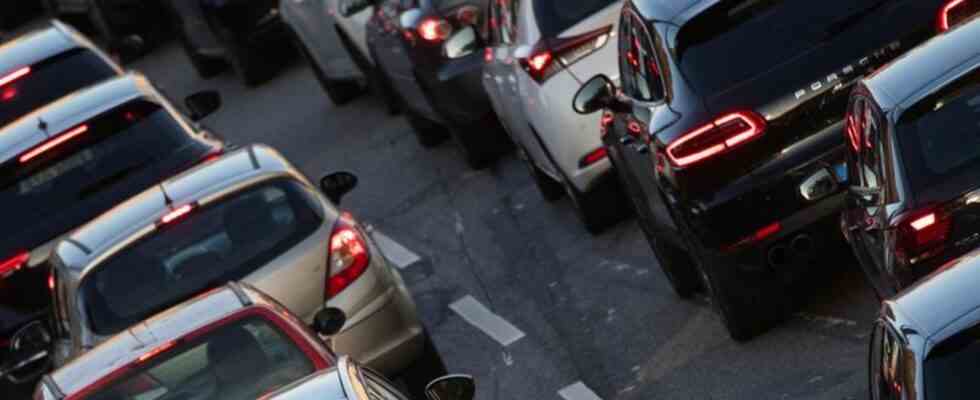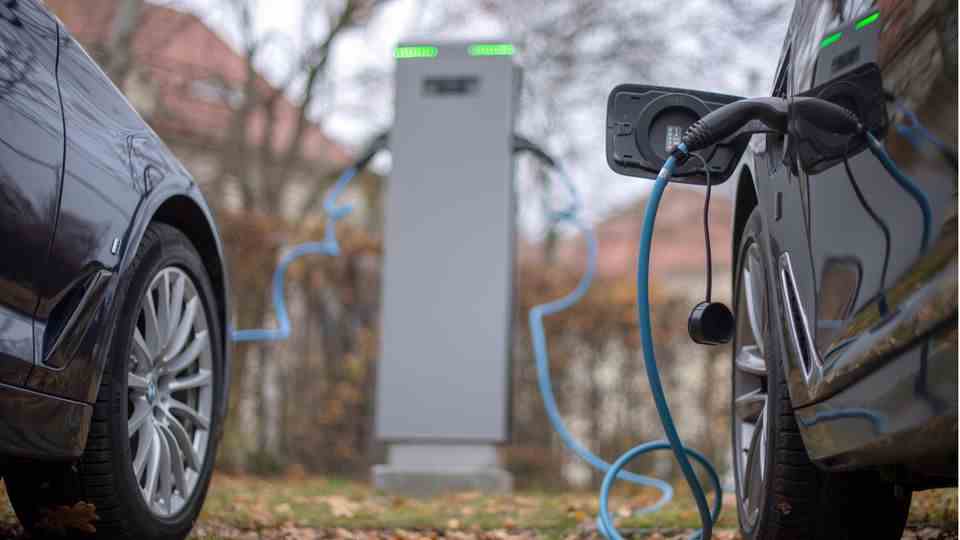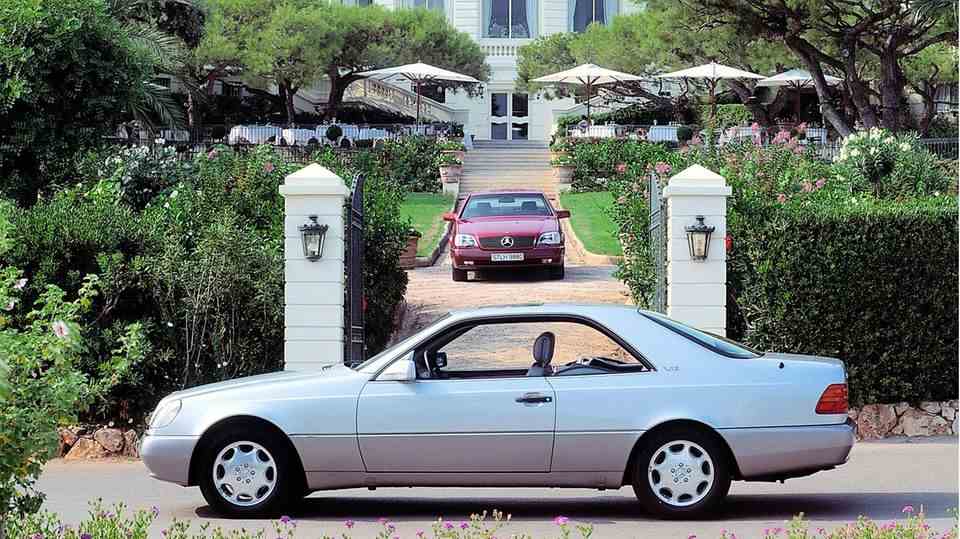YouGov survey
The car remains the most popular means of transport – the majority are reluctant to switch to public transport
A large majority in Germany prefers to travel by car (symbol image)
© Marijan Murat / DPA
One of the political buzzwords of the past few years is the “transport turnaround”. The switch from car to public transport is still difficult for a large majority. 70 percent of those surveyed named the car as the most important means of transport.
Irrespective of political advocacy for buses and trains, the vast majority of people in Germany still prefer to travel by car. In a survey, 70 percent of those surveyed named the car as the means of transport that best meets their needs.
This includes electric cars. Train, S-Bahn, tram and bus, on the other hand, rank behind walking and cycling. The Yougov survey institute surveyed a total of 4,173 people in January and February, i.e. before the start of the Ukraine war and the subsequent surge in petrol prices. The client was the HUK Coburg insurance company.
Only 16 percent named the train as the ideal means of transport. For buses, S-Bahn and trams, it was 12 percent each. 32 percent named bicycles or e-bikes – double entries are excluded. 29 percent prefer to walk. The respondents did not have to choose a means of transport, multiple answers were possible. The HUK published its mobility study for the second time after 2021.
Walking lost popularity
Compared to the previous survey, which was shaped by the corona lockdown, it is particularly striking that walking has lost much of its popularity: A year ago, 38 percent said that they preferred to walk. Cars (2021: 73 percent) have fallen slightly in popularity and public transport has gained slightly, but the basic picture has not changed significantly.
The costs also play a greater role for many citizens than environmental protection: When asked about the most important aspects of a transport concept, 49 percent answered that mobility should be affordable for all sections of the population. 37 percent called for generally lower costs. On the other hand, 26 percent said that traffic should not produce any greenhouse gases.
Germans favor switching to electric cars
“For the majority of Germans, simply pushing back the car is not a goal-oriented strategy for the future, not even in the cities,” said HUK board member Jörg Rheinländer. “Preference is given to switching to electric or other CO2-free drives, combined with the demand for a significant cost reduction for renewable energies.”
When it comes to electric cars, the survey reveals an east-west divide: in Saxony, Thuringia, Saxony-Anhalt and Mecklenburg-Western Pomerania, 13 percent or less each said that in future they would only consider an e-vehicle when buying a car . The national average was 19 percent. At the top is Berlin. There, 28 percent said that they only wanted to buy electric cars in the future.



